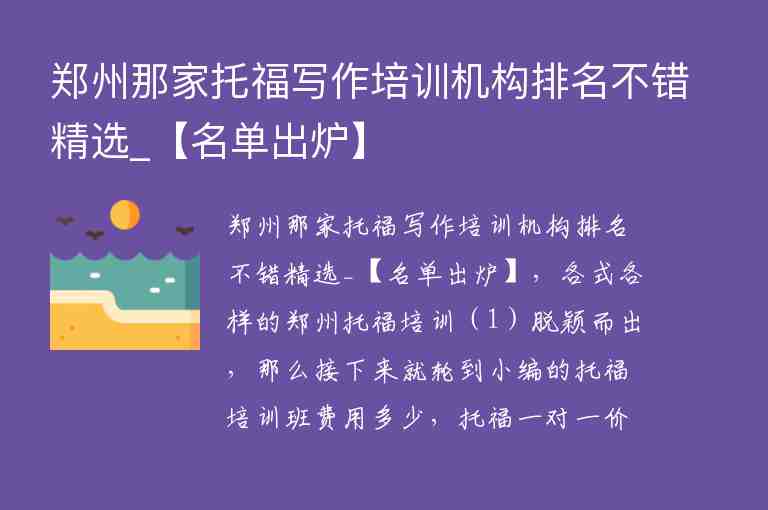isolation是名词,意为隔离、孤立或隔绝。它可以用来描述一个人或物体被隔离、孤立或隔绝在某种环境中,与外界失去的状态。在日常生活中,isolation通常指的是人们自愿或被迫与外界隔离的状态,可以是身体上的、心理上的或社会上的。
怎么读(音标)
isolation [ˌaɪsəˈleɪʃən]
用法
1. 名词:隔离、孤立、隔绝
2. 动词:使孤立、使隔绝
例句1-5句且中英对照
1. The prisoner was kept in isolation for weeks as punishment.
这名囚犯被关押在孤立牢房里数周作为惩罚。
2. The remote island provides a perfect isolation from the outside world.
这个偏远的岛屿为人们提供了与外界完全隔绝的理想环境。
3. The pandemic has forced many countries to impose strict isolation measures.
迫使许多实施严格的隔离措施。
4. She felt a sense of isolation and loneliness after moving to a new city.
搬到新城市后,她感到一种孤独和孤立感。
5. The scientist conducted the experiment in isolation to eliminate external factors.
这位科学家在隔离环境中进行实验,以排除外界因素。
同义词及用法
1. Solitude:孤独、独处。与isolation相比,solitude更多地强调一个人与外界隔绝的状态,通常是自愿的。:She enjoys the solitude of the countryside.(她喜欢乡村的宁静与孤独。)
2. Seclusion:隐居、隐蔽。与isolation相比,seclusion更多指一个人远离喧嚣和忙碌的生活,享受宁静和平静的状态。:The writer chose to live in seclusion in the mountains.(这位作家选择在山中隐居。)
3. Separation:分离、隔离。与isolation相比,separation更多指被迫或自愿地与他人分开或切断。:The couple decided to have a trial separation to work on their relationship.(这对夫妇决定暂时分开来修复他们的关系。)
编辑总结
Isolation是一个常用且多义的词汇,在不同语境下可以有不同的含义和用法。它既可以指身体上的隔离,也可以指心理上的孤立,还可以指社会上的隔绝。在写作中,我们需要根据具体的语境来选择合适的同义词,以避免重复使用。同时,为了保持文档的可读性和流畅性,建议在使用isolation时,尽量避免过多的修饰词语。
